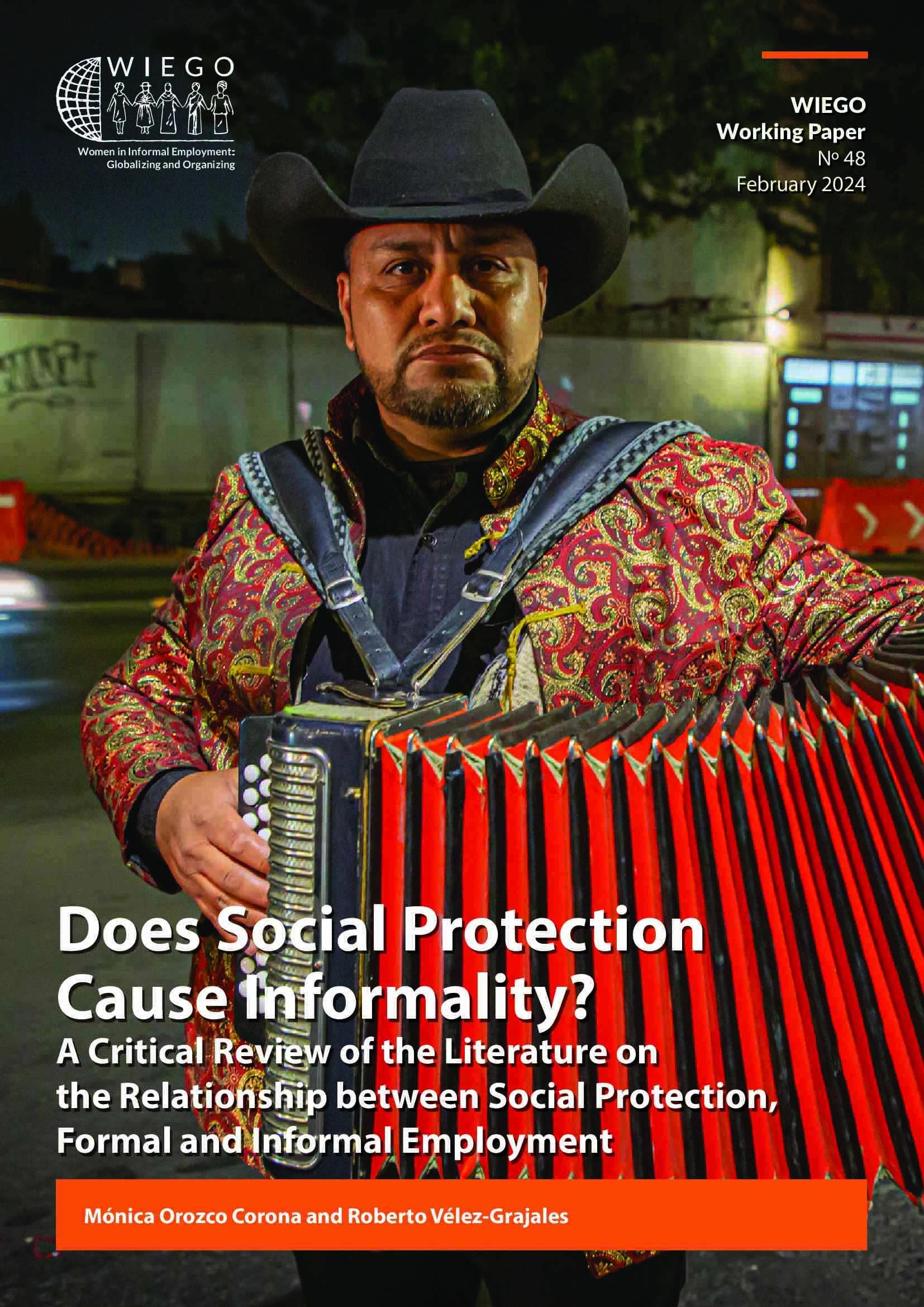Does Social Protection Cause Informality? A Critical Review of the Literature on the Relationship between Social Protection, Formal and Informal Employment
Several influential international organizations, academic studies and reports claim that social protection is an important driver of informality. This paper critically reviews the available evidence. On the whole, the literature does not support strong claims about the effect of social protection programmes on labour markets. A number of studies find statistically significant effects of social assistance programmes on formal and informal employment, but the overall literature is mixed. Some studies suggest that social assistance has increased informality, whereas others find just the opposite. Where effects are observed, they mainly relate to specific groups. Choices on data, definitions and assumptions are influential in determining the significance, direction and size of effect, with a number of studies illustrating how sensitive findings are to changes in data and model specifications.
The literature review further reveals a wide gap between theories on the effects of social protection programmes on labour markets and aspects tackled in the studies. Methodological approaches in the reviewed studies restrict the quantitative analysis to the available data and the scope of the models, thus reducing the complexity of theories considerably. The absence of integrated analyses of social assistance, social security and taxes reduces the ability of studies to make recommendations on the design of systems. Studies mainly describe social assistance policies and measure the impact of a specific programme on a partial indicator of the labour market, i.e., formality or informality. Studies that analyze changes in taxes and increases in the subsidies for social security do so separately from the effects of social assistance. As studies do not explore the design of schemes, they reveal little about the mechanisms of observed or theorized effects, nor do they provide much guidance for potential reforms. Few studies explore transitions in the labour market, and most lack considerations on the gendered nature of formal and informal work and care. Studies generally do not attempt to identify whether informality growth comes from formality reductions or the labour market's overall behaviour. Similarly, studies generally do not explore whether the effects occur in specific sectors of the economy.
View list of all: Working Papers

